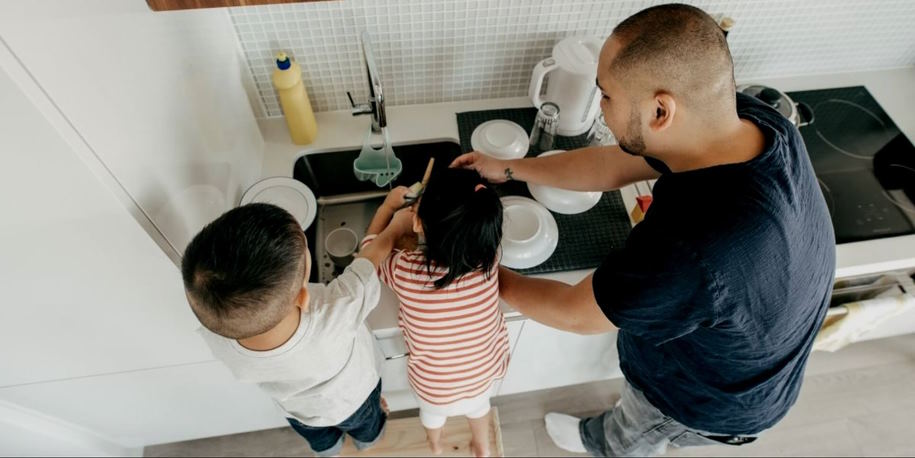How to Teach Your Child Responsibility: Strategies for Building Life Skills

Teaching children responsibility is essential to helping them develop into independent and self-sufficient adults. It’s never too early to start building these life skills, and there are many strategies parents can use to teach responsibility at every age. In this article, we’ll explore the importance of responsibility in child development, creating a culture of responsibility in your family, practical tips for teaching responsibility at every age, and using positive reinforcement to encourage responsible behavior.
The Importance of Responsibility in Child Development
Responsibility is a fundamental life skill that helps children develop independence, self-esteem, and self-confidence. When children learn to take responsibility for their actions and environment, they develop a sense of ownership and control over their lives. This sense of ownership is essential for building resilience, problem-solving skills, and making sound decisions. By teaching children responsibility, parents set the foundation for success in all areas of their child’s life.
Creating a Culture of Responsibility in Your Family
One of the most effective ways to teach responsibility is by creating a culture of responsibility in your family. It means setting expectations and boundaries, modeling responsible behavior, and holding children accountable for their actions. Start by setting clear rules and consequences for behavior, and consistently enforce them. Be sure to model responsible behavior yourself, and encourage your children to take ownership of their actions and environment. By creating a culture of responsibility, you are teaching your children that responsibility is a priority in your family.

Practical Tips for Teaching Responsibility at Every Age
Teaching responsibility can start as early as preschool age. Simple tasks such as cleaning up toys, making their bed, and putting away dishes can teach responsibility and accountability. As children age, parents can assign more significant responsibilities such as doing laundry, cooking meals, and caring for pets. Giving children the tools and skills they need to succeed in their responsibilities is essential. For example, showing them how to fold laundry correctly or wash dishes properly. Providing them with the necessary tools can increase their confidence and sense of ownership.
Using Positive Reinforcement to Encourage Responsible Behavior
Positive reinforcement can be a powerful tool for teaching responsibility. Rather than focusing on the negative consequences of irresponsible behavior, focus on the positive rewards of responsible behavior. Praise and reward your child when they take responsibility for their actions, complete their responsibilities on time, or go above and beyond expectations. Positive reinforcement can increase motivation and encourage your child to continue to take responsibility in the future.
In conclusion, teaching responsibility is vital to helping children develop into successful and self-sufficient adults. By creating a culture of responsibility in your family, modeling responsible behavior, and providing practical tools and positive reinforcement, you can teach your child the skills they need to take ownership of their actions and environment. These life skills will serve them well throughout their lives.



























